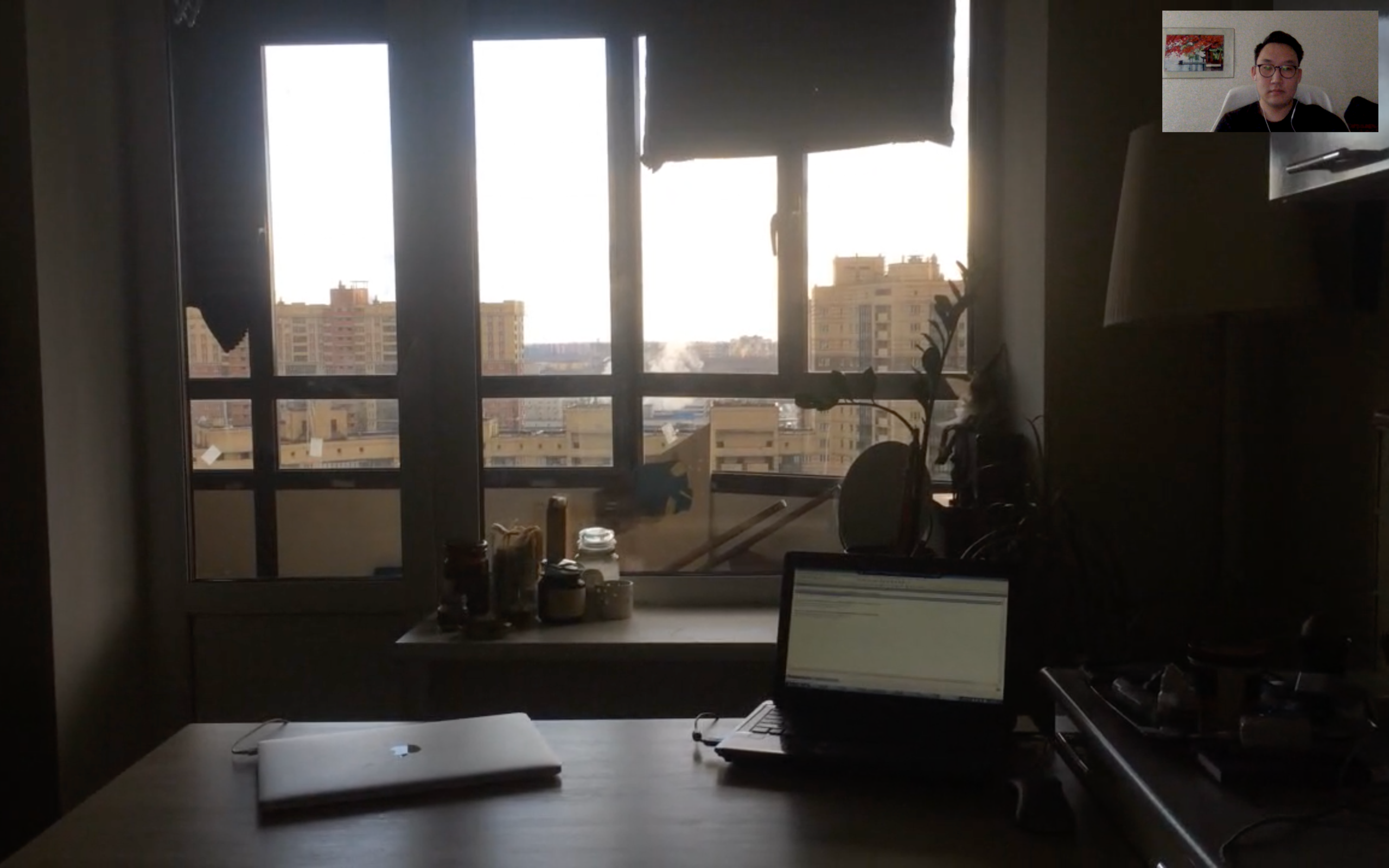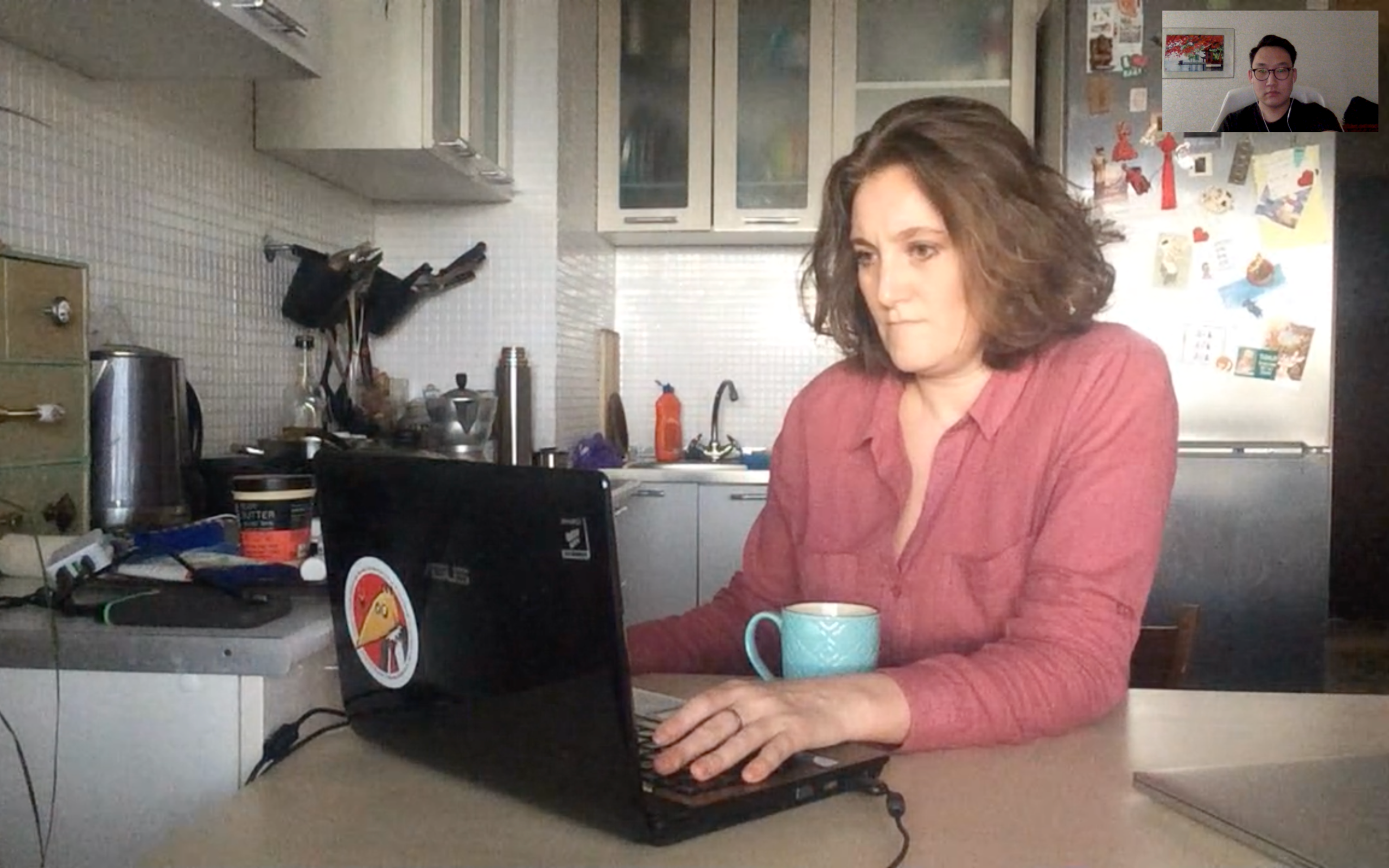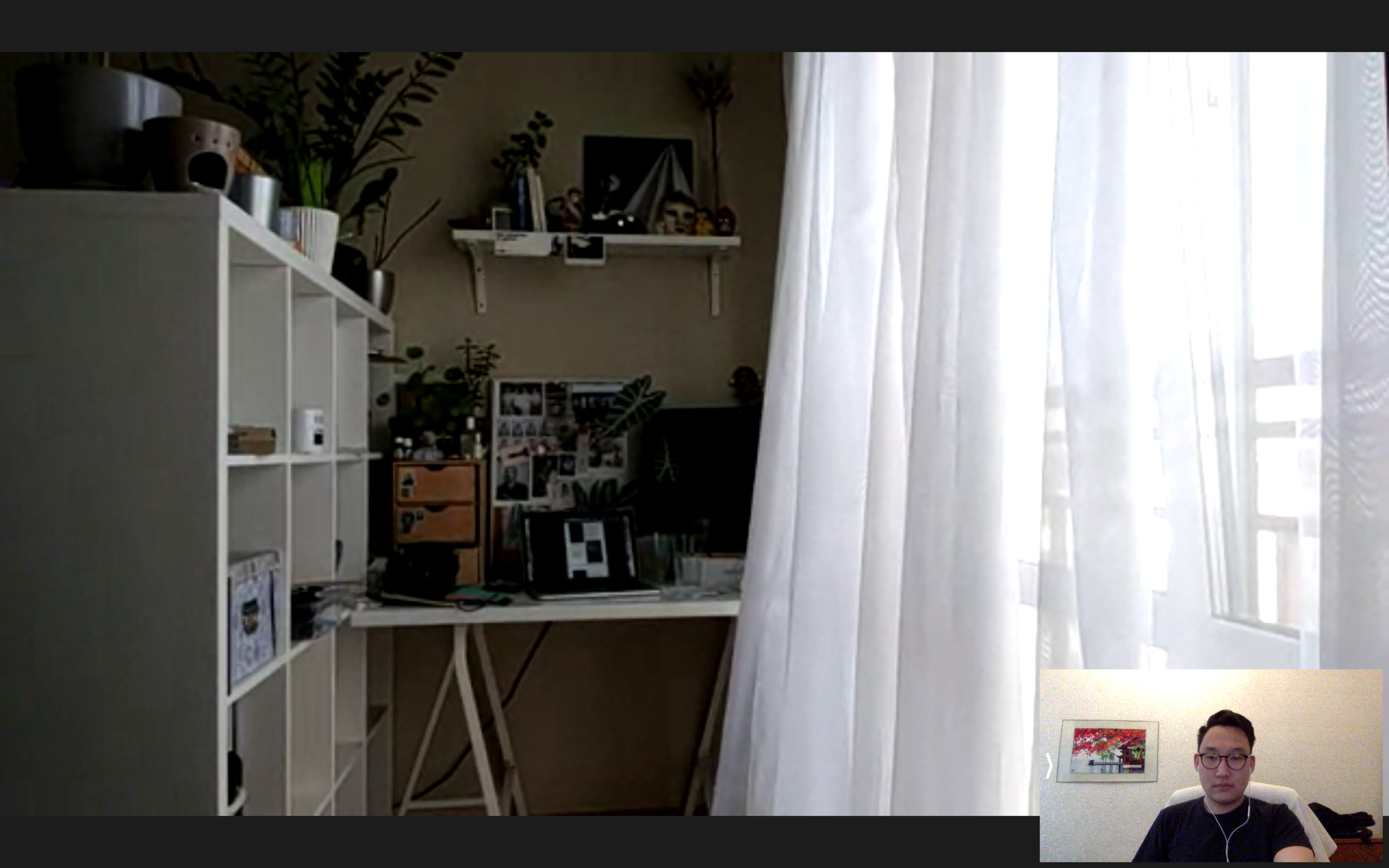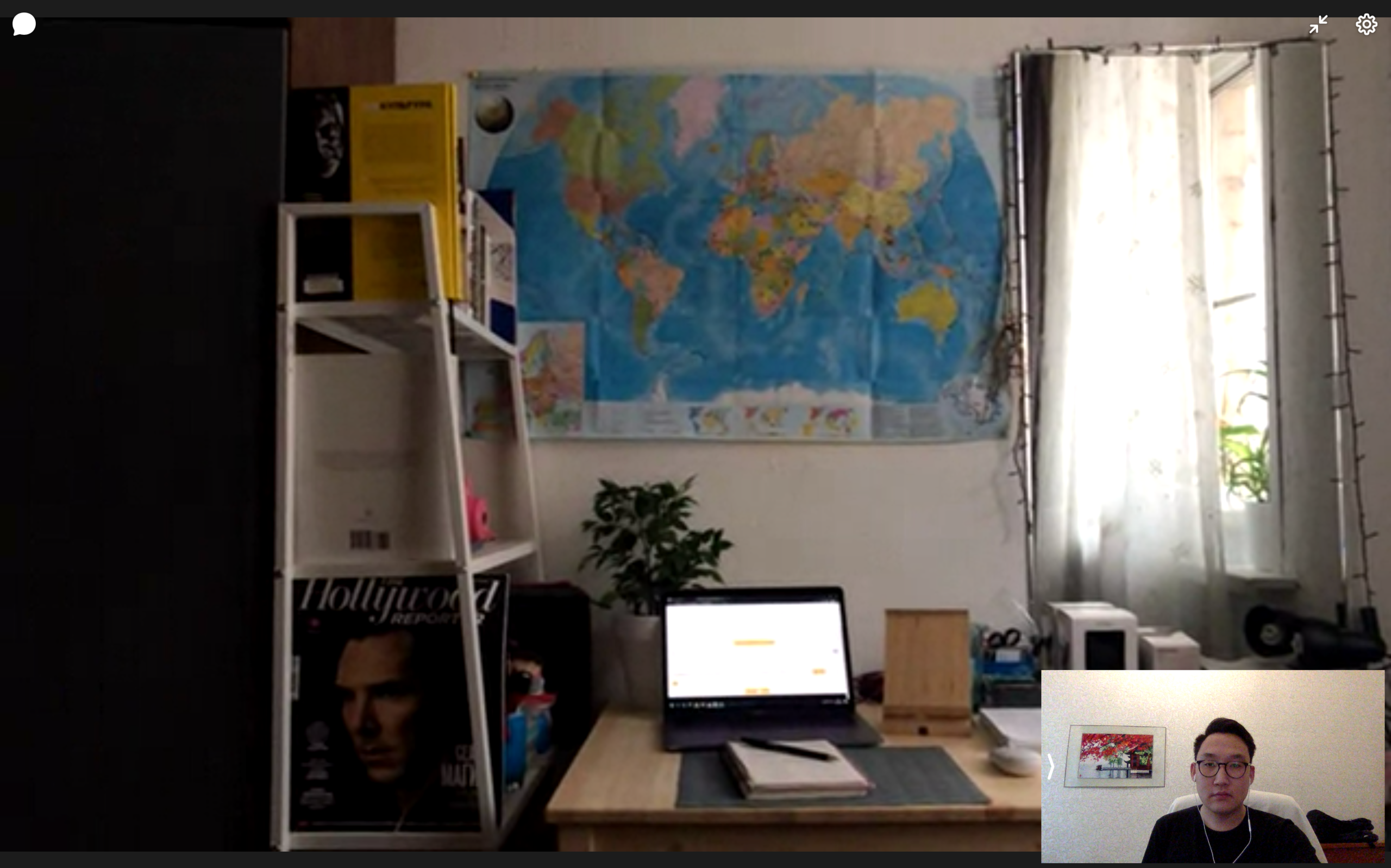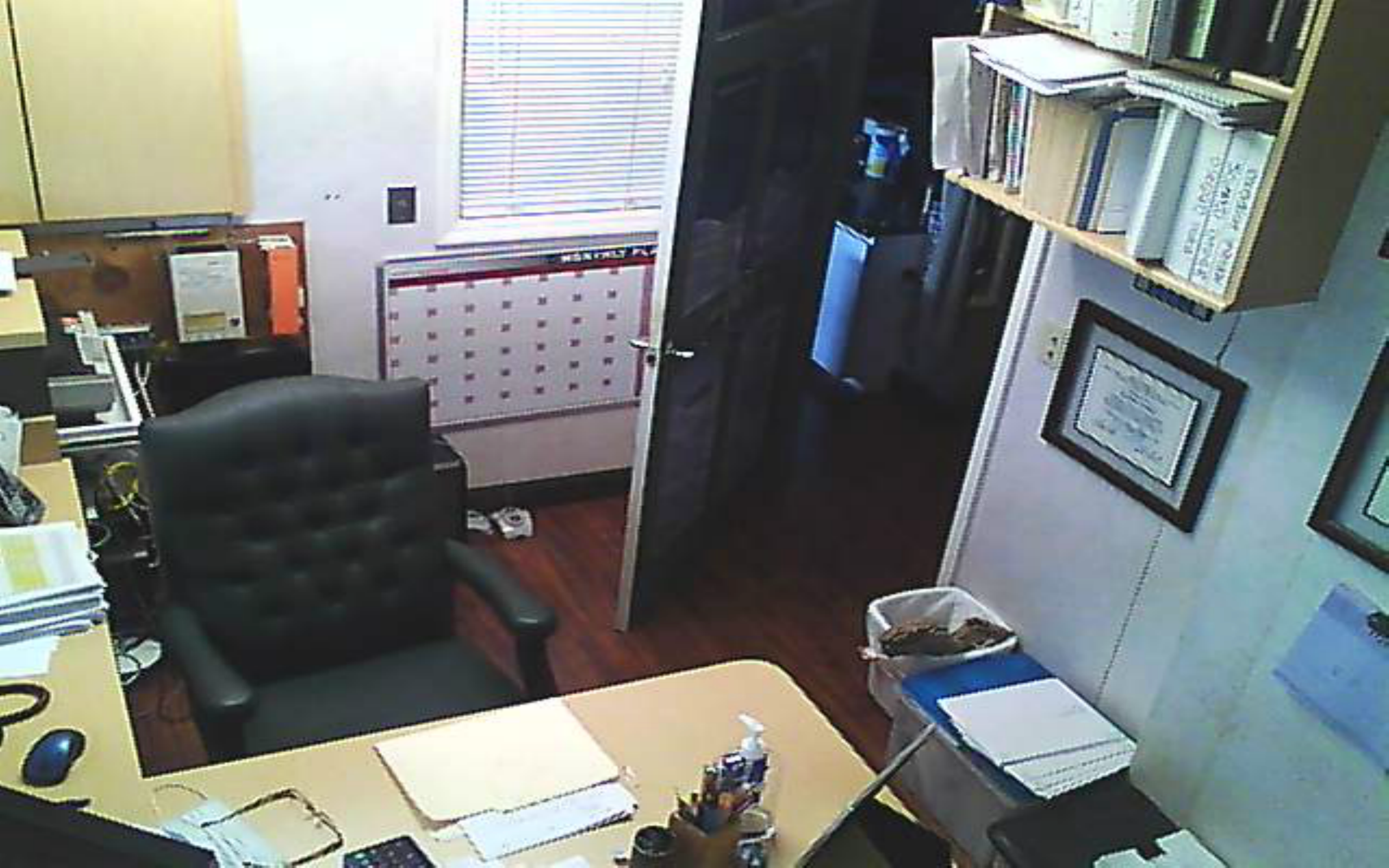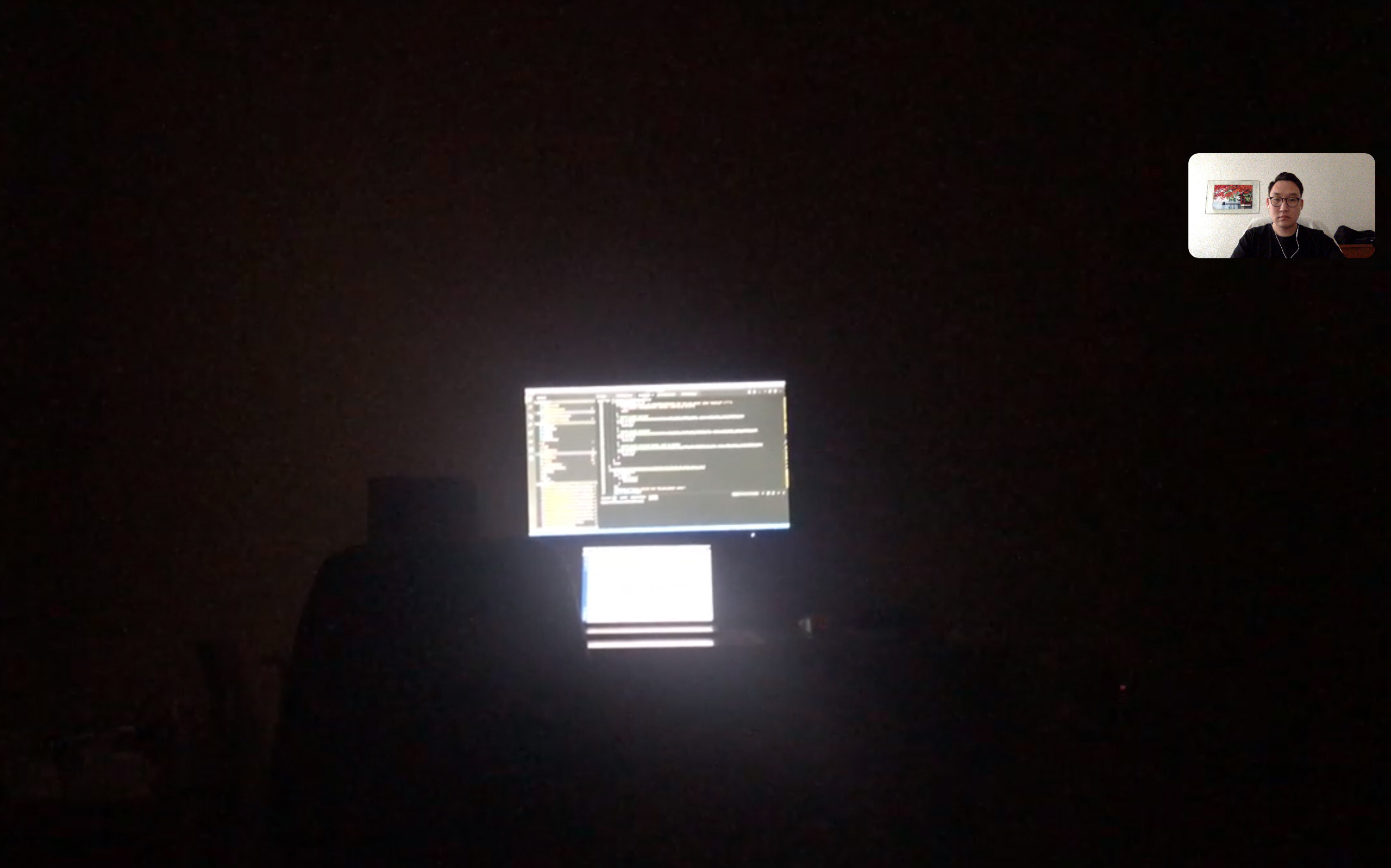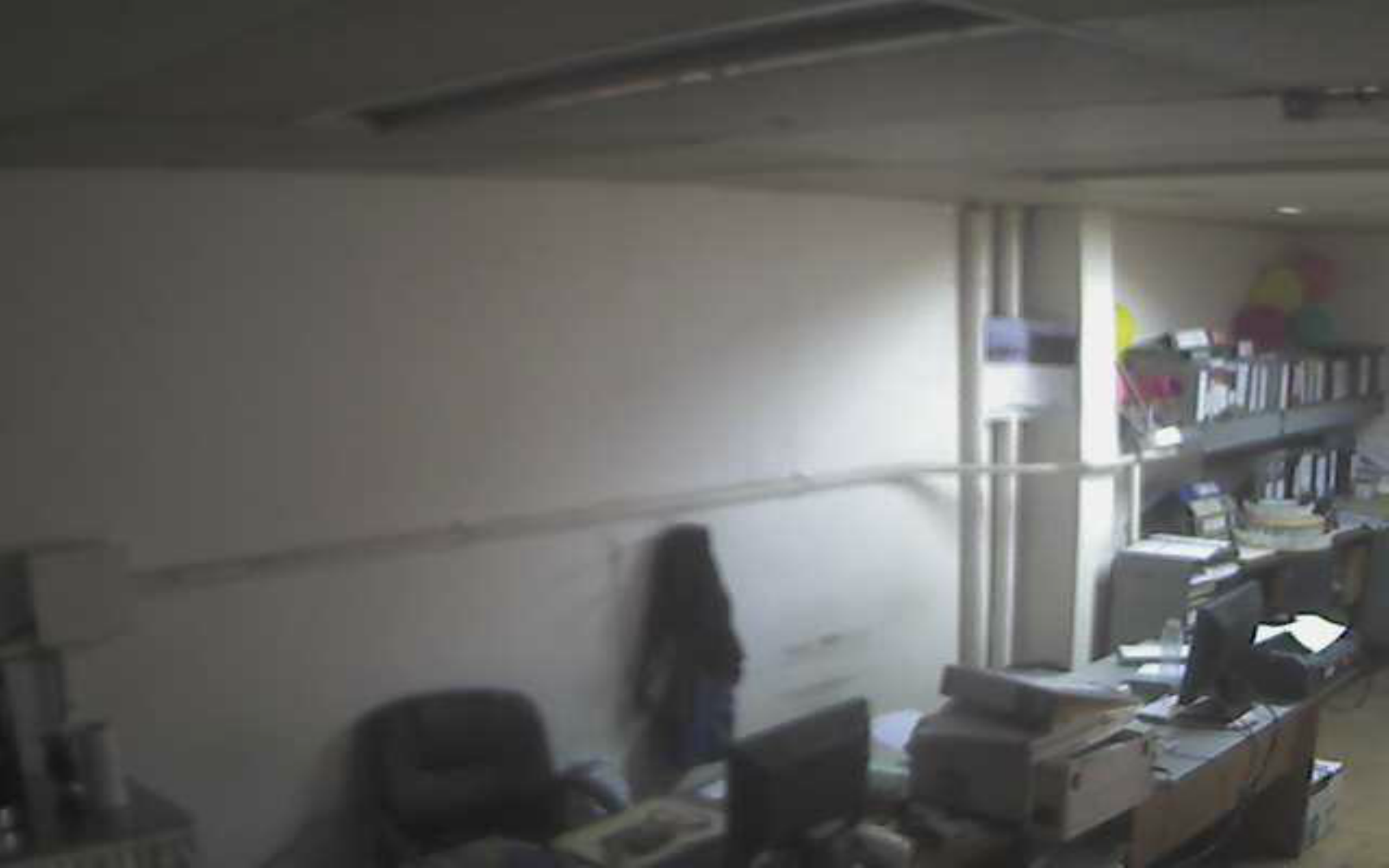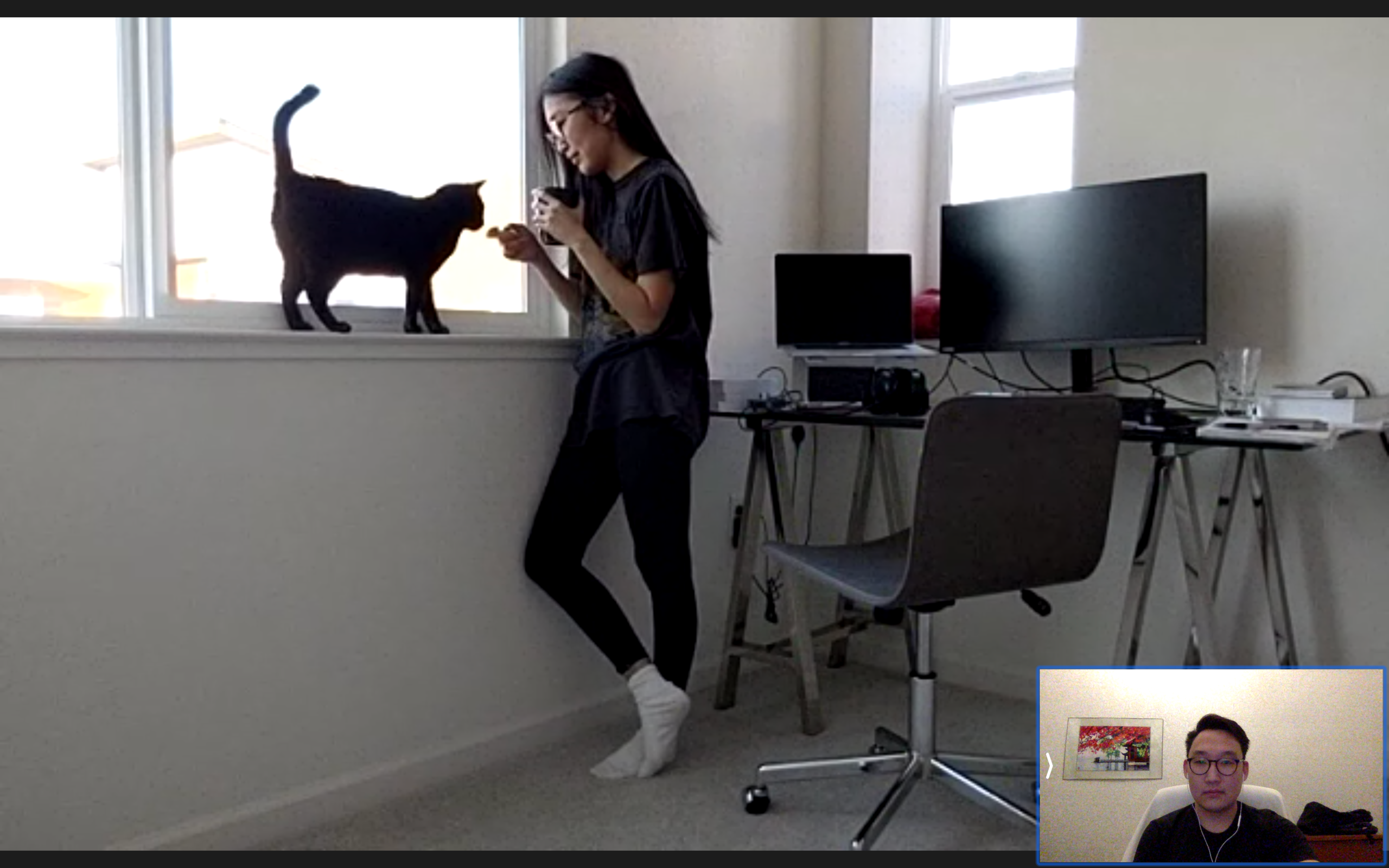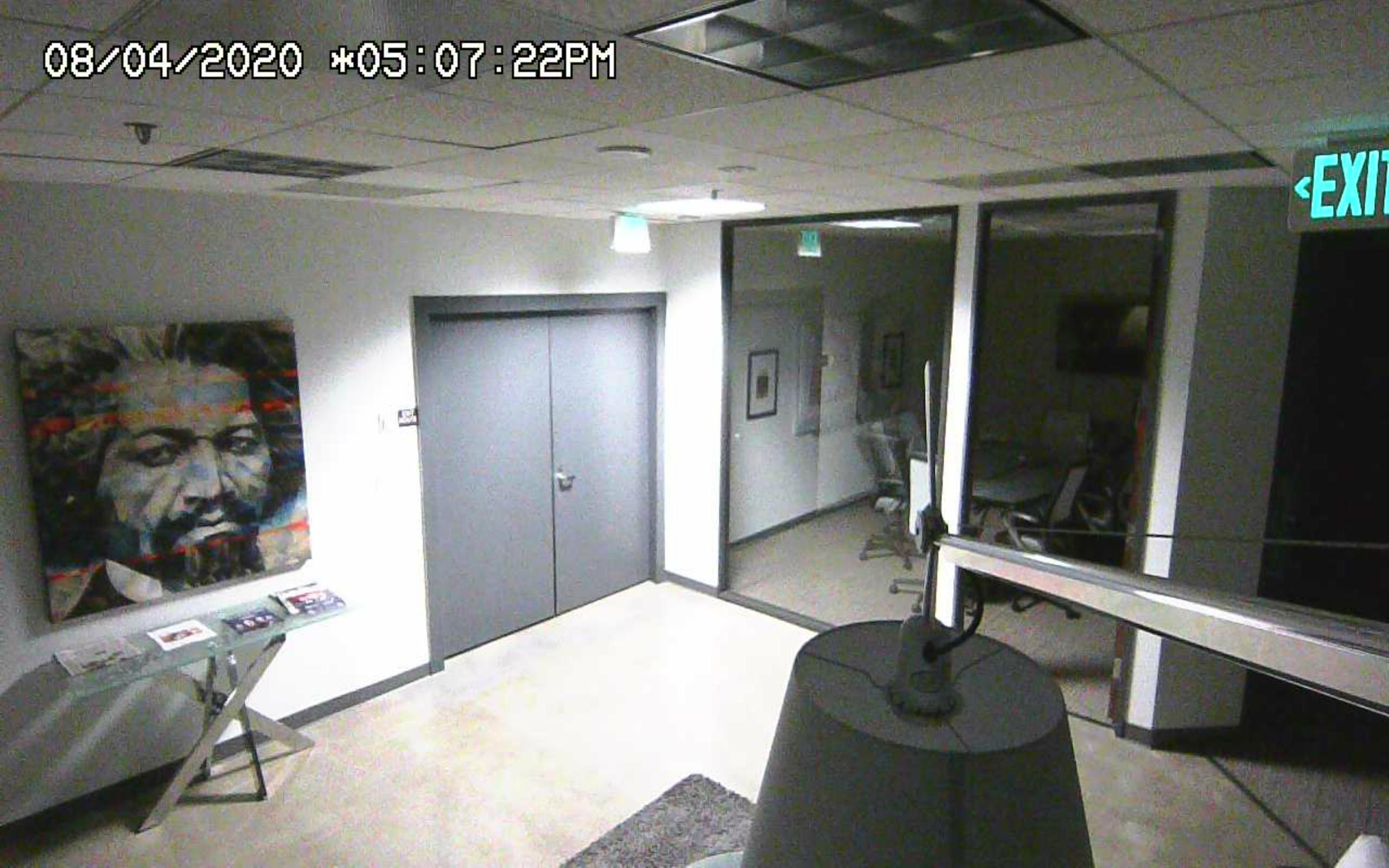(Post)office
Over the past three decades, information has become the main means of production due to constant progress in digital technology. To earn a living, it is enough for a person to master a profession that will allow him or her to spend his or her working time at the computer while being able to contact any place in the world at any time.
Talks about the fact that it is possible to completely abandon the offices in the usual sense of the word have long been going on. The requirement to be present in the office is already perceived as a fad of the employer, who is simply afraid to change the working habits that have developed over the centuries.
And right now, we have witnessed and participated in a historic event that had no analogs in terms of coverage in the digital age. Mass self-isolation has transformed the space outside our homes into a parallel world, full of dangers and living by its laws, which must be reckoned with.
There has never been a period in history in which virtually all the world's population, able to work remotely, would have to resort to this work format. Such global and sudden changes cannot but affect our understanding of work as an essential part of human life.
Is this the case? Or is it just an illusion that, with the experience of the pandemic, the economic system needs to be changed and it is necessary to start by rethinking work ethics?
To understand this, I contacted my friends and strangers from all over the world who worked in the office before the coronavirus outbreak and who are now forced to work from home. Paradoxically, using the now trendy method of taking pictures through video calls, I came closer to the experience of my heroes. Because this way I became a photographer, who now can work remotely.
Albina, brand-manager, St. Petersburg, Russia
Before the pandemic, I worked in an office five days a week. All the days were similar to each other. In the company, my activities and work are related to the wholesale of advertising materials — a market that was strongly affected by the coronavirus outbreak.
Nevertheless, the company has continued its business further. And now I work from home. Of course, my life and work process have changed. In my studio apartment, I share my personal leisure space and my workspace. So I prefer the kitchen as a place of concentration and activity. I do my basic work now faster than if I were in the office. Although, we have to consider the overall decline in sales. There is an opportunity to rethink processes, time to do yoga, read books, watch movies or finish things I've been putting off for a long time.
I'd be comfortable with this form of work with occasional access to the office as needed. I am no less interested in efficiency than the company, my income depends on it. Frankly, after quarantine, it will be difficult for me to fit into the usual scheme of work. It appears to be an outdated model and needs to be revised.
Eventually companies will come to this. What might help for this? Probably data on the costs of providing offices, a rapidly changing market where mobility and flexibility are needed. And the one who adapts to the new conditions will be able to stay in the market.
Ibrahim, software testing engineer, Novi, USA.
I believe that most of my work is easy to do from home. My friends think the same thing. Besides, when you don't need to be in the office all the time, you have plenty of time left on your hobby. So, in the morning I spend a lot of time meditating or doing tai chi, I like to play games on the computer or console, read comics.
The global transition to work from home is a movement in the right direction, this is the future. Many people can benefit from it, it would reduce the overall level of stress.
I understand that this is not applicable in all areas and that such major changes will not happen this year or next year, but I believe that by the next decade there will be a new work-related culture.
The coronavirus outbreak has revealed many problems, at the same time showing what society can change in terms of everyday interactions. It really seems to me that most independent or local companies will stay in the remote work format and soon it will affect others.
Alexandra, UX/UI-designer, Brest, Belarus
I feel pretty comfortable working from home. At the same time, it is very important to divide the space in your house so that there is a visual and internal division between work and rest. The workspace has a strong influence on my perception.
There are strict deadlines for the projects for which I am responsible and this gives me the opportunity to allocate my working time myself. Also this allows me to listen to my own internal processes and feel moments of fatigue or productivity.
During breaks, I usually chew something by watching my favorite show or chatting with friends through social media. I am also very happy that my dog Squirrel is not at home alone now, I can always be with her.
There are certain nuances that will not allow you to immediately abandon the offices, although the process will be smooth.
Firstly, it is easier for many people to share the work process with colleagues, sublimating weariness and tension in communication, coffee breaks, lunches, games.
Secondly, having a comfortable place to work at home is a great privilege. In large cities, many people live with their neighbors in small rooms where it is impossible to organize their workspace. Some people have small children and a big family.
Thirdly, it is more difficult to control employees and some companies do not know how to solve this issue.
The pandemic, as a global event, has had and will continue to have an impact on our usual worldview, including our understanding of work. Now, due to forced isolation, companies can assess the advantages and disadvantages of remote work, learn to control processes through apps. In addition, they will consider the cost of renting space, although I think companies will leave small spaces for important meetings and negotiations.
Lydia, media-manager, Moscow, Russia
Before the pandemic, I worked in the office five days a week.
After switching to work from home, I realized that there are many technical issues that affect productivity. For example, intermittently downgraded servers that were not ready for that number of employees who were at the same time away from home. Or a slow Internet connection at the home ISP and it causes complications. Sometimes it can take an hour or more for a task to complete instead of 30 minutes. In addition, it would be cool if the company would give out laptops so that you do not have to work with yours.
Although now I can arrange breaks more often, during which I can go for «a walk» on the balcony or kill some time on social networks. However, there is no real opportunity to manage your working time. If I start early and do all the work before lunch, I can still be assigned to new tasks, as the company and all partners have to work until seven pm. So instead of eight hours of work time, there may be twelve or more.
In general, if we look at the example of my company, the pandemic has shown that the main departments of an advertising agency can work remotely without losing efficiency. However, many factors prevent the entire processes from being fully realized.
For humanity to be able to give up offices, companies must begin to treat remote work more effortlessly and think about the optimization of work processes. At the same time, technologies must reach a new level to make all this possible.
Anna, DevOps-engineer and Tiago, software developer, Lisbon, Portugal
Now we sleep more, because there is no need to go to the office, the relaxation is getting better. The schedule has not changed much, but due to the fact that it became more difficult to distract from work, sometimes we stay up late. It is better to focus on what you are doing, but if you need to work with someone or with someone else's support, remote communication complicates the task.
It would be great to be able to rest in the middle of the day or take a little walk, especially because we spend a lot of time sitting down. Sometimes it can be difficult because we are not quite used to working at home yet.
It seems to us that humanity can move to the remote work format, but you have to understand that some half of the world will enjoy it and the rest will not be able to do it at all. For example, people with small children find it harder to concentrate outside the office, there are many distractions. Do not forget the importance of socialization, which a person may not get if his or her whole life will be concentrated at home.
Current experience with the pandemic has made it clear that it is still difficult for people to work remotely.And even some IT companies face challenges, for example, there are certain types of equipment that cannot be easily installed at home. But why don't some companies become more flexible in this matter, with both office and remote staff?
Anurita, content-manager, Minsk, Belarus
Before the pandemic, I worked in an office without even being able to do the work from home sometimes. The bosses prohibited it on the excuse that the office environment was more productive.
Now I have the opportunity to set up a schedule and prioritization according to the expectations of our audience — I work with American users. In the morning, I make breakfast and eat with my girlfriend, and at about 2 pm I get to work.
Plus, I have time to find a bunch of other jobs, watch over the house and cook proper meals.
As long as there is a capitalist system that involves stealing the work and time of individuals, and as long as this very capitalism requires control and surveillance, the offices will not go anywhere. After the coronavirus thing, everything will go back to normal one way or another.
A pandemic is just an opportunity to realize those things. The whole world doesn't know what to do with all this, everyone is equal before chaos and pain. Many have found themselves helpless and they are not responsible for finding themselves in one situation or another.
But it's been a little easier for me to live, to take it easy on myself and on others. I learned to spend time with myself and strengthened the human resource around me.
Veronica, HR-specialist, Warsaw, Poland
I like working from home because for me the hardest part of the day is getting up on time and getting to the office. After I woke up, breakfast usually came an hour or two after I got to work. And now I have everything at hand. Plus, I don't spend money on coffee from the coffee shop because it's not very good at the office. Another thing about savings is that you don't have to buy extra shirts and dresses to sit at work pretty.
We have all the resources to make work from home as comfortable and efficient as possible. The only thing that makes my work uncomfortable is that my neighbors have been doing renovations for some time and are not going to finish it yet.
I can use the space of the apartment as I like — sit in the kitchen, lie on the sofa, organize a workplace from an ironing board. During breaks I can read the news, chat with my family and friends through messengers, hang out the window with the cat.
I would also like to note that it is much more fun to do sports at home during the day than to go to work with a large bag and after that to go to the gym.
I do not feel the lack of communication, because almost every day we call our colleagues to discuss working aspects. Sometimes we even like to chat and have a laugh. By the way, it is very funny to see your manager in the home environment, especially if a dog is flashing or a child knocking on the door.
I think companies could save money by renting or buying office buildings and only rent meeting rooms as needed. But here comes another question — for what purpose will all these beautiful tall office buildings be used? And what will happen to people who earn income working in the real estate industry?
Alexander, backend developer, Yakutsk, Russia
In my profession, work is done in the course of several sprints of varying duration per day. The rest of the time is spent on something else, like a coffee break.
On the one hand, after moving to telework, the usual office control form has disappeared and the temptation for prostration has increased, but on the other hand, there are additional productive bursts. For example, I allow myself to arrange timeouts during work, which I replenish in my spare time.
When I return to normal life, I will immediately begin to miss working remotely. I will try to support the continuation of experiments in my company.
I believe that many missteps will be made during the pandemic, and understanding them will provide a lot of useful information and allow us to reconsider our attitude towards work.
In the future, the number of people working remotely will increase every year, but humanity will not give up offices completely. Elite skyscrapers and business centers will continue to exist, but in each of them, more companies will rent small spaces.
Victoria, the programmer, San Jose, USA.
In my company, productivity is measured by indirect factors such as how much new code is written per day. These indicators are much higher than usual since the beginning of March when we were transferred to telework.
I like the fact that we don't have to spend two hours a day in traffic jams and now we have fewer distractions than in the office.
When you work remotely, you can manage your worktime however you want. For example, I try to work from 8:30 to 17:00, trying to take a 5-10 minute break every hour during which I can go to the kitchen for tea, play with a cat or do some exercises. Work that does not require synchronization with colleagues can be done at any time, freeing up morning and afternoon time for personal business. This is handy and I think many people will agree with me.
I expect it to be very difficult to go back to the old rhythm when the coronavirus will retreat. I'll have to get used to getting up an hour early, sitting in traffic. A different challenge that may take a long time to solve is to fit back in your jeans.
At the same time, in my opinion, in the future, it will not be possible to completely abandon the offices. After all, it's good to have an alternative when you want to work out of the house. There is no need to neglect the social component. It's always nice to talk to colleagues in person, or to go to lunch together.
I also realized that I like a clear boundary between work and personal time. A change of context is necessary for relaxation. When I worked in a startup with an international team, the boundaries of the working day were often erased: sometimes you had to be on the phone at two o'clock in the morning or work late at night, as it is morning somewhere in Asia. This kind of schedule leads to burnout.
Publications
Postoffice — new labor reality, Regnum
